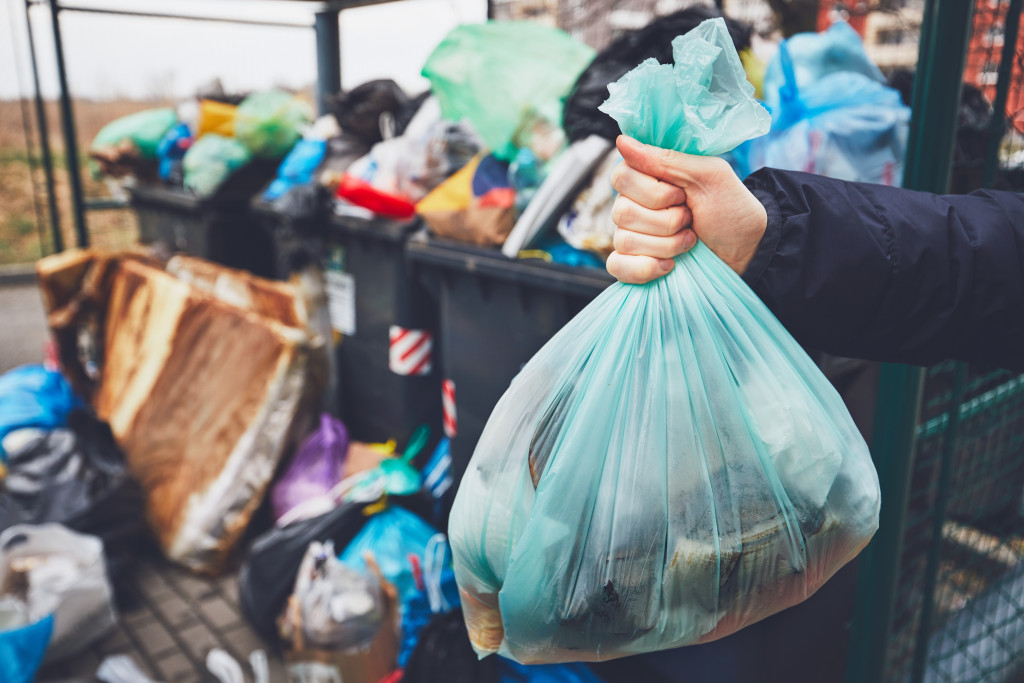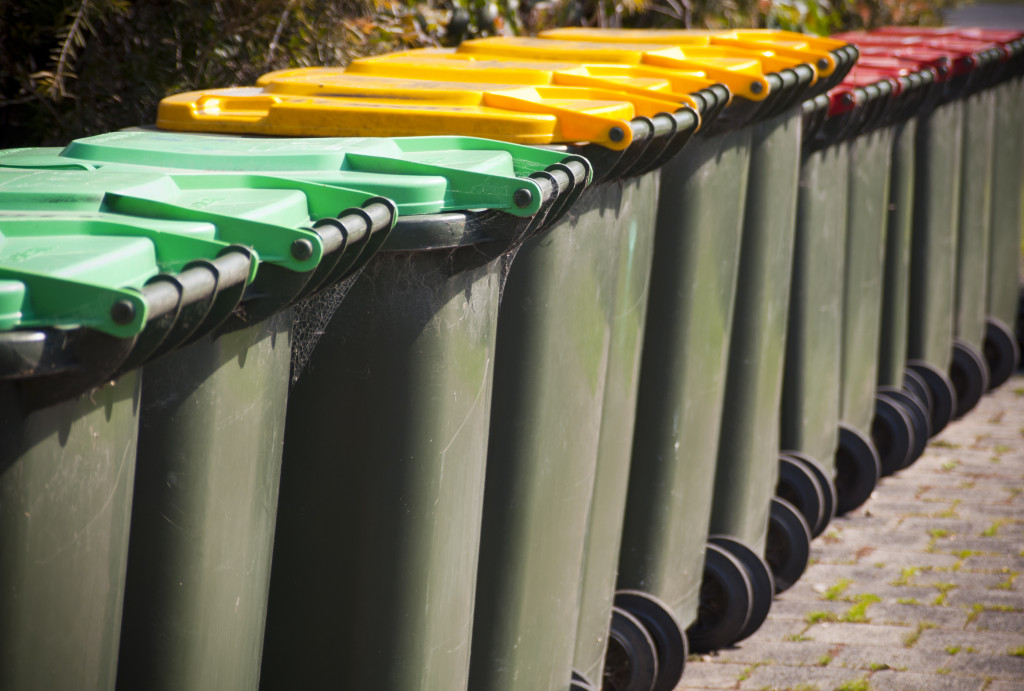If you or your family members have ever spent time in the hospital, then you’re probably aware of the amount of waste produced during routine checkups and other health procedures. With all the different types of equipment used in medical settings, you might be surprised to learn that medical waste can contain chemical substances and hazardous materials that pose serious health risks to those who come into contact with it. Even the smallest traces of certain pathogens can cause infections, while exposure to other chemical compounds can result in short-term and long-term harmful effects on human health.
There are many types of waste that hospitals dispose of, but medical waste such as syringes, needles, and lab samples can pose health hazards to others and the environment if not handled properly. Hospitals must follow strict guidelines to dispose of medical waste so patients and staff can be protected from potential harm.
Hospital waste contains infectious materials that can be hazardous to the health of humans and the environment if not disposed of properly. Here are some facts about hospital waste and the safety concerns surrounding it.
There are a variety of health risks associated with hospital waste, but there are simple steps you can take to minimize your risk. Anything that enters your body is considered hazardous waste and needs special treatment. It includes blood, urine, feces, sputum (the mucus in your lungs or spit), vaginal discharge, needles, and other sharp objects that were stuck into you or used on you in any way.
What are Healthcare-associated Infections?
Hospitals are often breeding grounds for infections. These infections are called healthcare-associated infections (HAIs). HAIs include diseases and organisms like methicillin-resistant Staphylococcus aureus (MRSA), Clostridium difficile, Vancomycin-resistant Enterococci, Acinetobacter baumannii, drug-resistant Mycobacterium tuberculosis, etc.
Healthcare workers need to be trained on how to properly dispose of medical waste without endangering their patients or anyone else in their community. In the U.S., one out of 25 patients gets affected by HAI. While some people recover quickly from these infections, others will never fully regain their previous health; they may require weeks of intensive care and years of rehabilitation before they’re released from hospitals — if they ever are.

Health Hazards of Handling Medical Waste
The US produces millions of tons of medical waste each year, with approximately 10% becoming hazardous waste. Infectious and biohazardous medical waste can be very dangerous if not disposed of properly. Most hospitals have policies about how to handle and dispose of these items. If you are a member of hospital staff or visit a hospital often, you must know how to avoid exposure to infectious and toxic medical waste to stay healthy during your time at work or when visiting others in their care facilities.
The Effects of Improper Disposal on Public Health
If a virus or bacteria has contaminated your medical waste, there is a possibility that it could spread into your immediate environment, potentially causing harm to you and those around you. Improper disposal may also cause water pollution since hospital waste consists of hazardous chemicals released into local streams through landfill leachate aka toxic trash juice. It can have disastrous effects on animals in local ecosystems.
A brief list of regulated infectious materials besides blood and blood products, bodily fluids, and excretions from human beings are other potentially infected materials such as laboratory cultures, specimens, or specimens from pathological examinations.
Huge Volumes of COVID Hospital Poses A Threat
Due to the COVID-19 pandemic, medical masks, used test kits, syringes, and discarded vaccine bottles have piled up according to the World Health Organization. This medical waste has been dumped into landfills which now poses a threat to our health and the environment. The chemicals present in these medical wastes can leach into soils through rainwater or wash off into rivers and oceans via storm drains. The personal protective equipment (PPE) used between March of 2020 to November 2021 ended up in landfills. Add the millions of test kits and used vaccine bottles which amount to almost 2,600 tonnes of chemical waste.
Practice Proper Healthcare Waste Management
Managing medical waste is a concern for hospital staff, administrators, and patients. Healthcare facilities produce a variety of wastes that can have serious consequences if not properly managed. To practice managing healthcare waste, consider using color-coded receptacles to organize your facility’s medical wastes as well as an on-site licensed medical waste facility.
Improper management of healthcare facilities has resulted in health complications to providers and their families as well as clients who may be exposed to contaminants on surfaces or through air contact with contaminated material. Remember to file the needed licenses and permits like Biohazardous/Pathological Waste Transportation Permit from DOT when transporting biomedical/infectious wastes away from home facility. Once it arrives at its destination, it should follow universal precautions and then be processed by an autoclave before being incinerated. Also, you would need a reliable stormwater management system for any clinical laboratory waste including human blood, pathological waste, body fluids which are considered biohazards. Unprocessed, these materials can leak into sewer systems and contaminate drinking water supplies.
Remember to conduct inspections, train staff members, and handle regulated infectious waste according to state laws. Ensure that all containers are properly labeled as biohazardous, pathological, or radioactive. Don’t mix them up and dispose of them in regular trash bags, which may contaminate other patients. Make sure you have a proper autoclave at the disposal facility for disinfecting materials before shipping out for incineration or burial at a licensed facility.
Medical waste poses serious risks to humans and animals alike. To protect your patients and staff, contact a medical waste disposal company today. They can take care of all your needs so you can focus on running your business.


